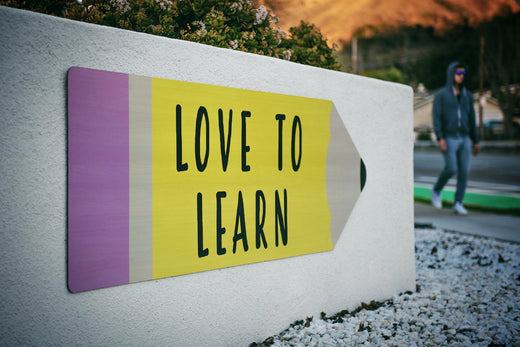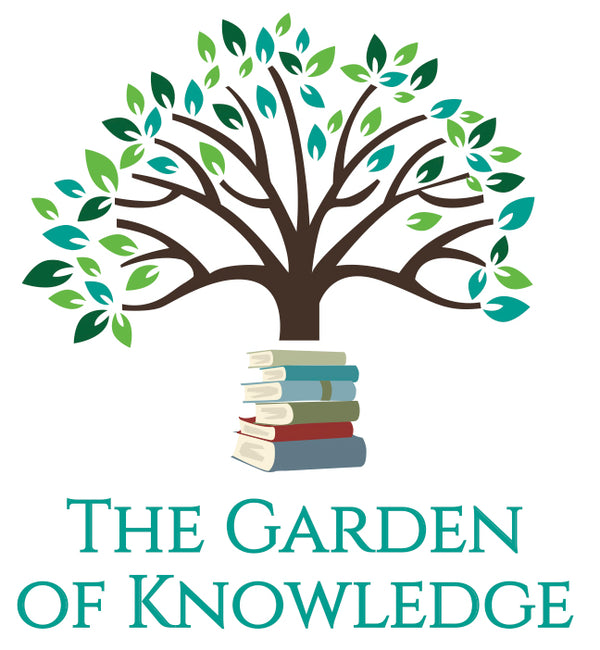
The Importance of Play
Share
Play is fun. People inherently love to play and be playful. We love games, silly songs, fun activities, ways to show our creativity, and ways to engage with each other. We don’t always realise that we love to play not just because it’s a fun way to let off steam (although it absolutely is), but because it also is how we can explore, learn, and build useful skills. From the tiniest baby shaking a rattle and learning how to use their hands and impact the world around them to the old man drinking his coffee while doing a crossword to keep his mind sharp, play helps make us who we are. The games we play often speak to who we are, what we value, and where we come from, but far too often do we fail to give play the credit it deserves.
As children, play was how we made sense of the world, explored our emotions, experimented with our place in the community, and even how we coped with scary situations. There are piles of research that talk about this, but I won’t go into a whole academic paper with fancy citations and big words no one really understands. Instead let's think about a child playing a game of house with their friends where they get to mimic the activities they see at home of cooking food, scolding children, caring for a baby, and going to work. While this may seem like just a fun game, its really children playing out what they see at home, comparing it to what their friends experience (sometimes leading to disagreements), and coming to a conclusion of what is right and normal in a family environment. This “game” is the beginning of the foundation of who they will be as adults with their own families as it builds their understanding of what family means. Children will also play games where they are superheroes, villains, or authority figures to help them cope with feeling out of control as for most children they spend a great deal of their time being dictated to by adults as to what to do, where to go, what to wear, what to eat, etc. This can be frustrating (just like it is for adults who feel powerless) and they find ways to express that frustration and reclaim their autonomy through play.

Play is so powerful that even some hospitals hire play experts to help children who are seriously ill or need major procedures done. These play experts are used to help explain to children what is and will be happening to them, handle the inevitable stress and fear that comes from being in the hospital, adjust to the aftermath as the child recovers, and encourage overall well-being that can make a huge difference in a child’s recovery. Play is also used outside of hospitals as a form of therapy for children who have experienced all sorts of trauma including witnessing a violent event, loss of a parent, surviving abuse, or illness and is even helpful for neurodivergent children or children with behavioural issues. Play is a language that children understand and it allows them to show, act out, or depict how they’re feeling when they sometimes don’t yet know the words.

But play doesn’t stop being fun or beneficial after you hit a certain age. How and when we play may change (although it doesn’t have to) but the why is still the same. As adults we play sports and games by ourselves and with friends to learn a new skill, increase our social circle, remind us of home and our childhood, to pass the time and have a little fun, and to heal. Therapists often recommend clients take up a fun hobby, jobs sometimes do fun retreats to “build character and community,” families get together for a Friday evening game night, etc. We continue to play throughout life and benefit from the experience.
They say all work and no play makes Jack a dull boy, but they fail to add that it also makes him a grumpy, irritable, unpleasant boy. Whether you’re looking at adults or children, providing opportunities to play and have fun also gives us a chance to take a mental and physical break from our responsibilities, to hit the reset button on our moods, and work off some excess energy to help us be more focused and motived and therefore more productive. So the next time you’re having a busy, stressful day, take a few short minutes to dance to your favorite song, play a game on your phone, tell a friend a joke, do whatever, as long as its playful and fun. I promise, you’ll thank me later!

